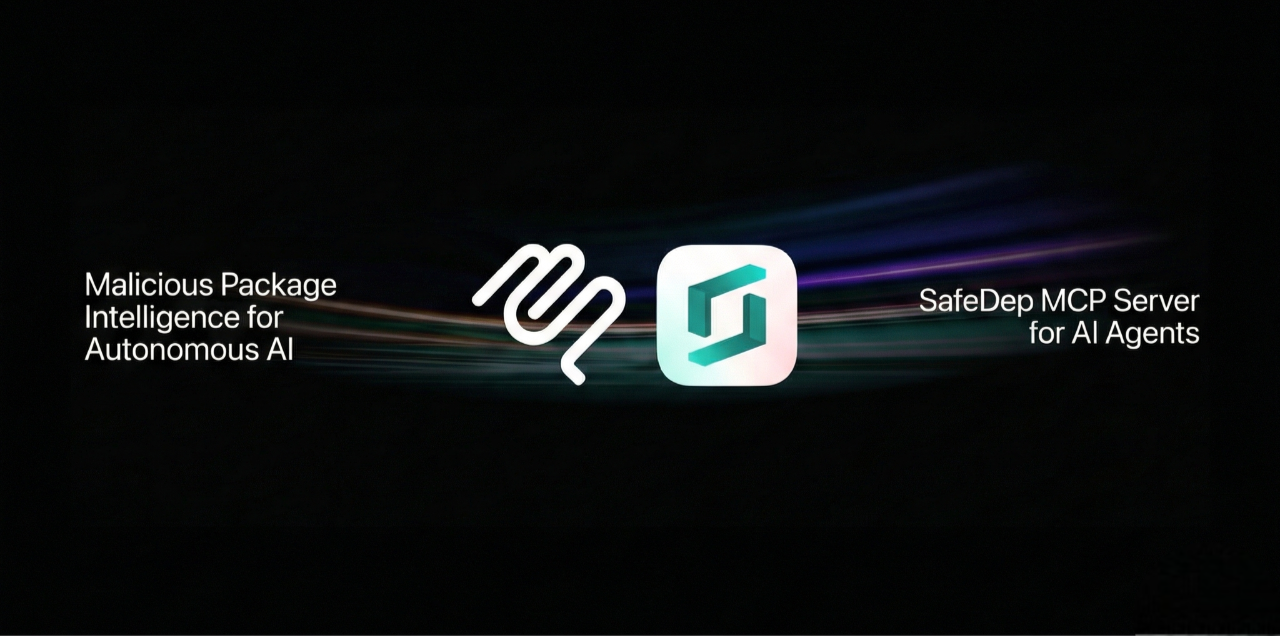Table of Contents
The Shai-Hulud supply chain attack is a significant security incident that has caught the attention of the developer community. This attack involves the use of malicious packages in the npm ecosystem to compromise developer systems and steal sensitive information. In this post, we will outline the incident response steps that can be taken to contain and mitigate the impact of this attack.
For a detailed analysis of the attack and its implications, read more at SafeDep blog.
TL;DR
- Clone the repository github.com/safedep/shai-hulud-migration-response
git clone https://github.com/safedep/shai-hulud-migration-response.git && \cd shai-hulud-migration-response- Run the script to scan your filesystem for all open source packages using vet
./scripts/pv-scan.sh- Run the query script to check for known malicious package versions
./scripts/pv-query.sh- Run the following script to check for known malicious Javascript files by SHA256 hash
./scripts/pv-payload-hash-scan.shIncident Response Steps
If you believe you are affected by this attack, follow the steps below:
- Scan your systems for indicators of compromise (IoCs) listed below
- Rotate credentials available in compromised systems
- Setup guardrails to prevent further compromise
Indicators of Compromise (IOCs)
SafeDep found following types of IOCs during the incident:
These are the primary IOCs that are included in the scanning scripts. Following are additional IOCs observed during the incident:
- Credential collection URL:
hxxps://webhook.site/bb8ca5f6-4175-45d2-b042-fc9ebb8170b7 /tmp/data.jsonused to collect credentials using TruffleHog/tmp/processor.shfor collecting credentials/tmp/migrate-repos.shfor stealing private source code through GitHub
Rotate Credentials
The malicious payload delivered through the attack compromised credentials available in the infected systems. Rotate all known credentials, particularly the following:
- Npm credentials available in
$HOME/.npmrcor$NPM_TOKENenvironment variable - GitHub credentials of developers using affected systems
- AWS credentials available in
$HOME/.aws/credentialsor$AWS_ACCESS_KEY_IDand$AWS_SECRET_ACCESS_KEYenvironment variables - AWS credentials available in AWS Secrets Manager that were accessible from affected systems
- Google Cloud credentials and credentials stored in Google Cloud Secret Manager that were accessible from affected systems
- SSH private keys, especially if they were passwordless
The malicious payload also used TruffleHog to extract secrets from source code repositories available in the infected system. Consider running TruffleHog and rotating any secrets found in infected systems.
Setup Guardrails
- Install SafeDep vet or similar tools to scan open source packages for malicious code before merging pull requests or deploying code.
- Install SafeDep pmg or similar tools to prevent installation of malicious packages in developer machines.
- Consider migrating to
pnpmversion10+that disables npm lifecycle scripts by default
- npm
- oss
- malware
- supply-chain
- security
- incident-response
- response
Author
SafeDep Team
safedep.io
Share
The Latest from SafeDep blogs
Follow for the latest updates and insights on open source security & engineering

AI Agent Cline v2.3.0 Compromised: From Prompt Injection to Unauthorized npm Publish
A compromised npm token was used to publish a tampered version of Cline CLI. A prompt injection vulnerability in Cline's AI-powered GitHub Actions workflow may have enabled the credential theft.

End-to-End test with Nextjs, Playwright and MSW
A practical Next.js 16 App Router E2E setup with Playwright and MSW that keeps server-side fetch deterministic by focusing mocking where it matters, not on server actions.

Why We Built a Hosted MCP Server to Stop Malicious Packages for AI Agents
Exposing an MCP server is trivial. Making it useful for AI agents is not. Here's what we learned dogfooding our own tool, and why we built a hosted MCP server backed by real-time open source threat...

Agent Skills Threat Model
Discover critical security threats in Agent Skills - Anthropic's open format for AI agent capabilities. Learn about supply chain attacks, deferred code execution, prompt injection, and multiple...

Ship Code
Not Malware
Install the SafeDep GitHub App to keep malicious packages out of your repos.
